Clocks, Timers, Controls & Programmers
-
In Stock
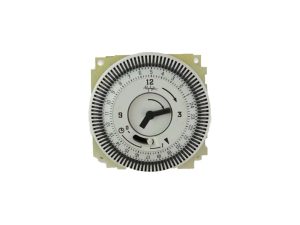
Alpha Boiler Mechanical Clock Timer 6.1000201
£12.00 – £32.25 Select Options This product has multiple variants. The options may be chosen on the product page -
Out of Stock
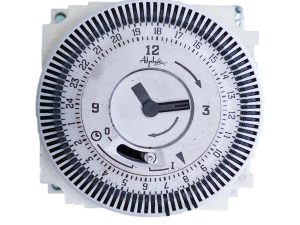
Alpha Cb25, Cb33 Mechanical Clock
£20.40 Exc. VAT £17.00 Add to cart -
In Stock
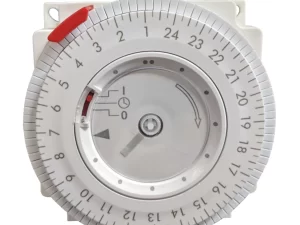
Ariston Boiler Mechanical Time Clock 65120831 was 999599
£46.20 Exc. VAT £38.50 Add to cart -
In Stock
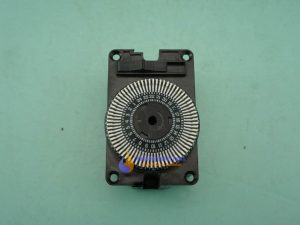
Ariston Chaffoteaux Britony Combi Claudia Time Clock 61012906
£21.60 Exc. VAT £18.00 Add to cart -
In Stock
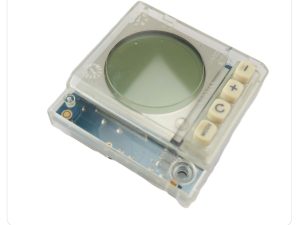
Baxi 24 Hour Timer 720645201
£15.60 Exc. VAT £13.00 Add to cart -
In Stock
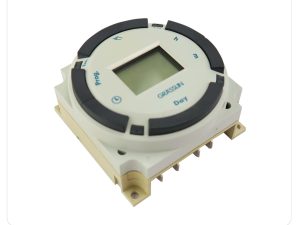
Baxi Genesis 80 & 96 Digital Timer 238399
£21.60 Exc. VAT £18.00 Add to cart -
In Stock
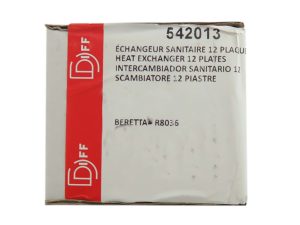
Baxi Solo Megaflo, Potterton Promax Boiler Mechanical Timer 247206
£10.80 Select Options This product has multiple variants. The options may be chosen on the product page -
In Stock
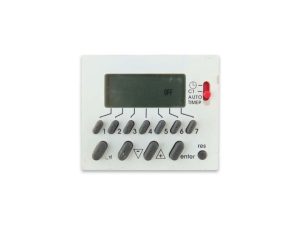
Biasi Digital Timer Clock 7Day Bi1475118
£29.40 Exc. VAT £24.50 Add to cart -
In Stock
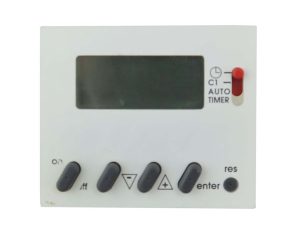
Biasi Time Switch 24Hr Electronic Bi1525101
£29.40 Exc. VAT £24.50 Add to cart -
In Stock
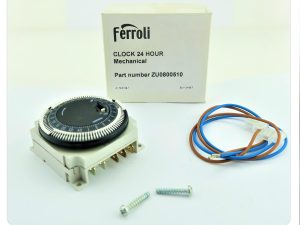
FERROLI 24Hr Mechanical Boiler Clock (MECHANICAL-FM/1 STUH) ZU0800510
£63.80 Exc. VAT £53.17 Add to cart -
In Stock
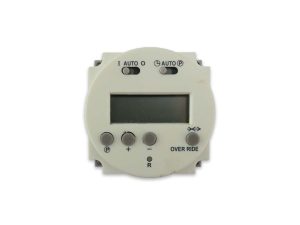
Ferroli Digital 24 Hours Timer 39803831
£39.33 Exc. VAT £32.78 Add to cart -
Out of Stock
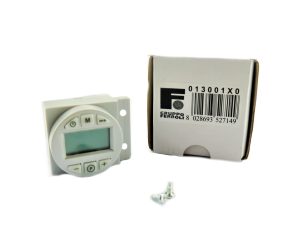
Ferroli Small 24 Hour Digi Clock LCD 013001X0
£20.54 Exc. VAT £17.12 Add to cart
